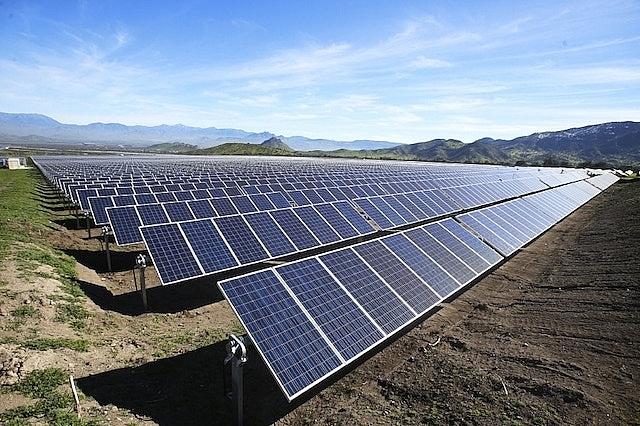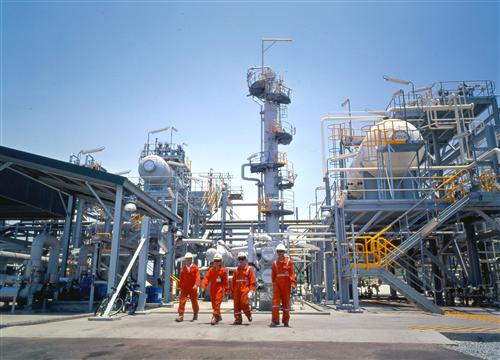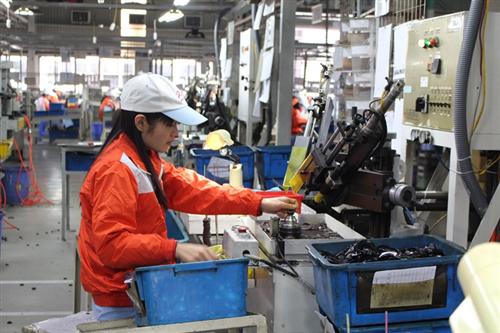Thailand-based Super Energy invests in solar power plant in Vietnam
Thailand-based Super Energy invests in solar power plant in Vietnam
Super Energy Corporation Pcl. – a corporation headquartered in Thailand – officially announced its subsidiary's investment in a solar power plant project with the total installed capacity of 50MW in Phu Yen province, Vietnam.
Solar Energy (Hong Kong) 3 (SSE-HK3), the subsidiary, would purchase 100 per cent of Thinh Long Phu Yen Solar Power (TLPY) from four existing shareholders. The total transaction would roughly value at around $51.158 million, according to its notification of investment to the Stock Exchange of Thailand.

Super Energy and other Thai investors are keen on Vietnam's solar market
|
The TLPY project is located in Phu Yen province, Vietnam and has been selling electricity since June 30, 2019 under a Power Purchase Agreement with 9.35 US cents per kWh feed-in tariff for a period of 20 years from the date of commercial operation.
Super Energy has also splashed out on several projects in Vietnam in line with its goal of acquiring renewable energy companies in Southeast Asia and expanding its operation in China, Japan, and Australia.
Phu Yen is regarded as central Vietnam’s third-strongest locality in the development of public solar power projects after Danang and Hoi An.
Previously, this central province built a solar-powered watering system for a sugarcane farm in Son Hoa district and a 30MW biomass power plant.
As of September 2019, Thai direct investment in Vietnam has exceeded $10.4 billion, concentrating on industrial production, processing, and manufacturing.
So far, the largest Thai investment project in Vietnam is the Long Son Petrochemical complex based in the southern province of Ba Ria-Vung Tau’s Long Son commune, with the total investment of $5.4 billion. The complex is expected to be completed in 2023.
























